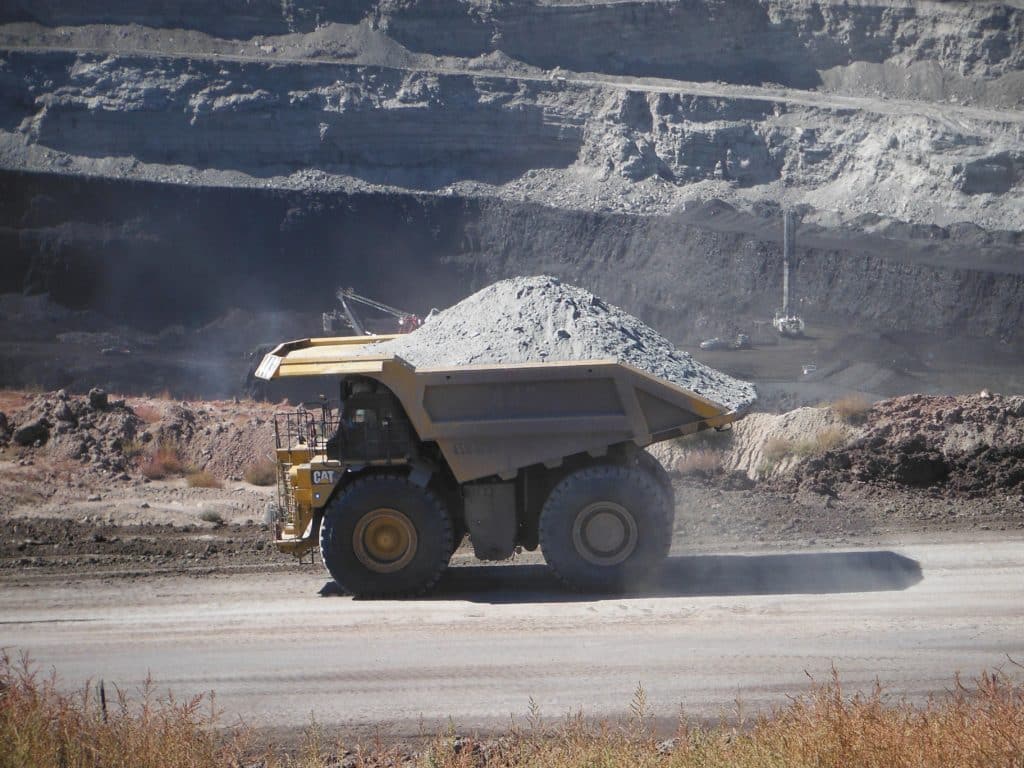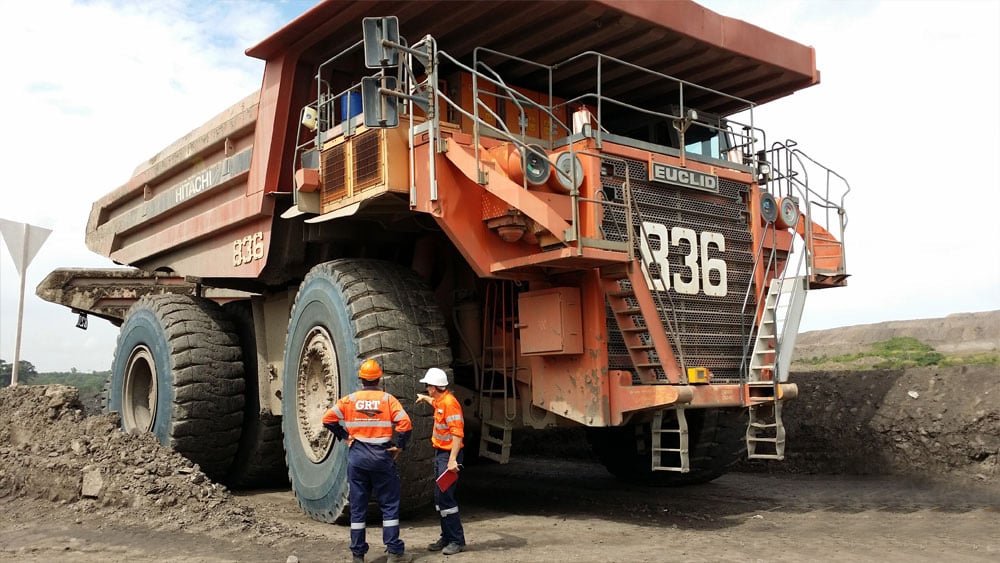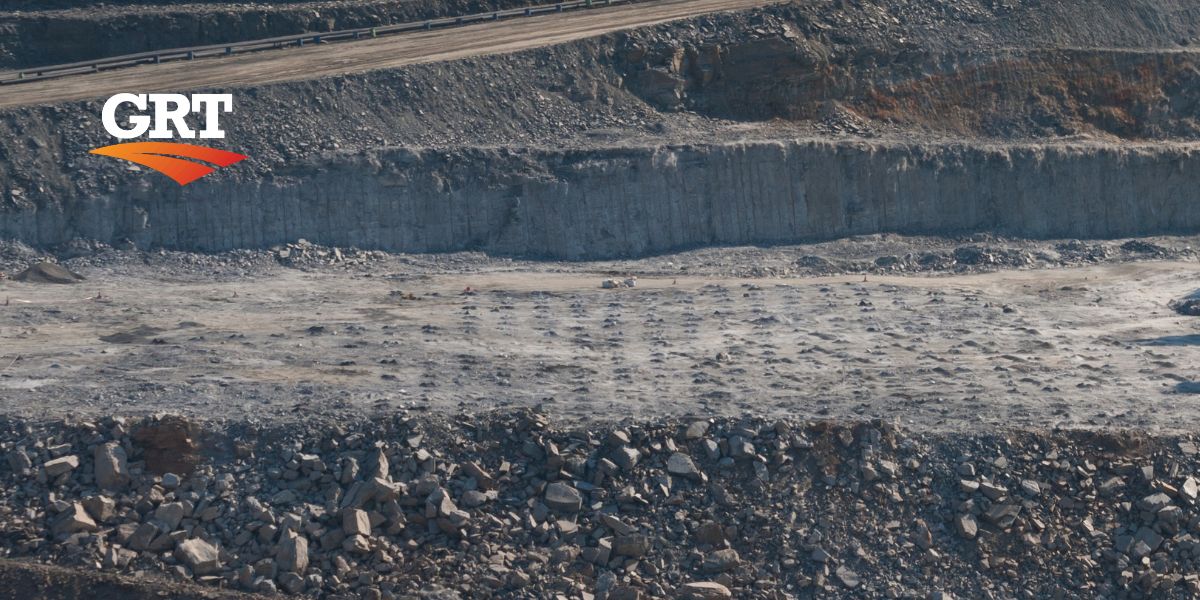Mining is an important sector of the economy because the minerals extracted to enable the manufacture of materials that will be used in our day-to-day lives, such as the manufacture of vehicles or materials for civil construction. Furthermore, mining in many countries drives the growth and development of the country, contributing to the generation of direct and indirect jobs.
However, as a large scale, extractive industry, mining is also involved in a number of environmental problems that may result in damages to a country, such as those occurring in Mariana and Brumadinho in Brasil. The dust is one of the major environmental challenges of the mining operation, affecting the air quality of cities, neighbourhoods, the workers themselves and causing disease.
Defining Dust
Dust is a solid particle that results from the mechanical rupture of a solid and can be classified into categories based on the diameter of the particles suspended in the air, or based on the tissue reaction in the body. The 3 categories of diameter classification are:
- Inhalable dust
- Thoracic dust
- Breathable dust
Dust known as inhalable is one that has a diameter between 25 microns and 100 microns and that enters through the mouth and nose. The dust that can penetrate beyond the pharynx is known as thoracic dust and has diameters smaller than 25 microns and bigger than 10 microns. Breathable dust is one that has a diameter less than 10 microns and due to its size is the dust that affects bronchioles and exchange of gases from the lungs. The smaller the dust particle greater is the damage done to the body.
The classification of Tissue reaction can be classified as:
Are environmental regulations, health and safety concerns or potential profit loss a concern right now?
- Inert dust
- Fibrogenic dust
Inert dusts are those that don’t result in significant physiological changes, at the same time this dust is also retained in the lung and in large quantities can result in health problems. Fibrogenic dusts are those that cause chemical reactions in the lung alveoli and give rise to serious diseases, as is the case of silica and asbestos.
In addition to these classifications, there is the toxic dust which can cause rapid (high concentration), slow (low concentration) visceral organ damage or changes in the central nervous system, such as metallic dust containing lead or manganese.
In general, dust is a serious risk, especially because small particles are those that cause more diseases and contain toxic and fibrogenic components. In mining the presence of these substances is common and so it is so important to keep the dust on the ground!
Traditional Dust Control Practice:
Often mining companies use water as a way to combat and prevent dust from being suspended in the air, and with huge amounts of this resource are consumed. Unfortunately, watering roads actually hastens their degradation, resulting is the generation of more fine particles pumped to the surface due to hydraulic action – which become airborne dust! Furthermore, sometimes mining doesn’t have enough water trucks for effective dust suppression, so water is wasted and dust remains to be a health hazard.
GRT Dust Control Solutions for Mining:
Global Road Technology has several products that allow dust suppression and the saving of water and resources due to the life cycle of the applications, each product being destined to a specific situation to ensure performance and operational safety.
GRT: Haul-loc is designed for haul roads and its main function is to make water work in the fight against dust. On sunny days the water applied alone remains on the ground for a maximum of 15 minutes, and in many cases, the water available to supply the water truck is a distance that consumes a time greater than 15 minutes. When the GRT polymer is mixed with water, the mixture remains in the soil longer and increases the efficiency in combating dust and decreases the number of applications required per day.
Over time, GRT: Haul-loc results in significant cost savings when compared to traditional methods of watering haul roads for dust suppression.
Please contact GRT, we can solve your dust problems!
Troy Adams
Troy Adams is the Managing Director of Global Road Technology (GRT) Specialising in Engineered Solutions for Dust Suppression, Erosion Control, Soil Stabilisation and Water Management. A pioneering, socially conscious Australian entrepreneur, Troy Adams is passionate about health and safety and providing innovative solutions that are cost-effective to the mining industry, governments and infrastructure sectors. Troy is also a tech investor, director of companies like Crossware, Boost, Hakkasan, Novikov and more.



